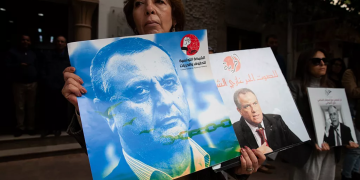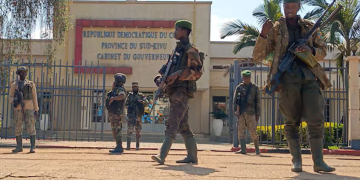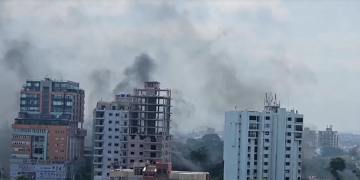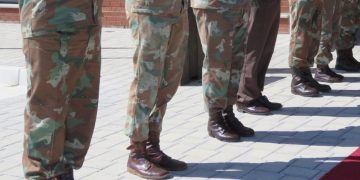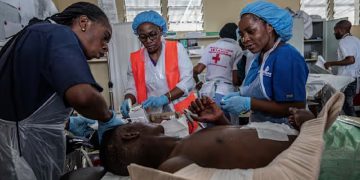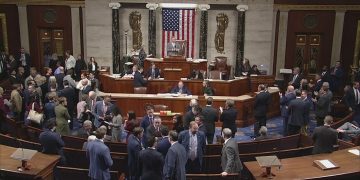In a televised year-end press conference, Russian President Vladimir Putin stated that Russia should have launched a full-scale invasion of Ukraine earlier and expressed a desire for better preparation ahead of the conflict.
This admission comes as the war enters its third year, raising questions about the strategic decisions made by the Kremlin.
A Retrospective on the Invasion
During the four-hour press conference, which was broadcast live across major state television channels, Putin described the 2022 invasion—referred to by Russia as a “special military operation”—as something that could have benefited from “systemic preparation.”
He reflected on past military actions, including Russia’s annexation of Crimea in 2014 and the ongoing conflict in eastern Ukraine, suggesting that earlier intervention might have altered the course of events.
Putin’s comments come amid ongoing military advances by Russian forces in eastern Ukraine, where they have been capturing territory at an accelerated pace.
He claimed that Russian troops are making progress “every day,” portraying them as heroes in their fight for what he describes as national sovereignty.
The Choreographed Press Conference
The event, titled “Results of the Year with Vladimir Putin,” featured a large backdrop displaying a map of Russia, including annexed regions of Ukraine.
Putin took questions from a carefully selected audience, including foreign journalists and members of the public, but the event was heavily scripted and tightly controlled.
When asked whether Russia is in a better position now than it was under former President Boris Yeltsin, Putin asserted that Russia has regained its sovereignty.
He stated, “With everything that was happening to Russia before that, we were heading towards a complete, total loss of our sovereignty.”
Addressing Global Relations
Putin also addressed international relations during his press conference. He expressed readiness to meet with U.S. President-elect Donald Trump, who has indicated a willingness to negotiate regarding the Ukraine conflict.
Putin’s remarks suggest an openness to dialogue, although he emphasized that any discussions would need to be based on current realities on the ground.
In discussing relations with China, Putin claimed that ties between the two nations have reached unprecedented levels.
He highlighted ongoing cooperation and coordination between Russia and China on various global issues.
Nuclear Doctrine and Military Strategy
A significant portion of Putin’s address focused on Russia’s nuclear doctrine, which allows for potential nuclear responses to conventional attacks backed by nuclear powers.
He reiterated this stance while discussing recent advancements in Russian military capabilities, including new missile systems like the Oreshnik.
Putin provocatively suggested testing these capabilities by firing an Oreshnik missile toward Ukraine, challenging Western air defence systems to intercept it.
His comments reflect a broader strategy of showcasing military strength amid ongoing tensions.
Economic Stability Amidst Conflict
Despite acknowledging challenges such as a 9.1% inflation rate—described as “alarming”—Putin claimed that Russia’s economy remains stable and resilient.
He pointed to higher growth rates compared to countries like Germany while admitting that reliance on military production has increased due to ongoing sanctions and conflict.
Throughout his address, Putin also fielded questions on domestic issues ranging from scams to youth unemployment, demonstrating his attempt to connect with everyday concerns while maintaining focus on geopolitical narratives.
A Complex Landscape
As Putin reflects on the war in Ukraine and its implications for Russian sovereignty and international relations, his comments reveal both confidence in military progress and an acknowledgment of past miscalculations.
The question remains: will this retrospective lead to meaningful changes in strategy or policy moving forward?
As tensions continue to rise and global reactions evolve, the international community watches closely for signs of how this conflict will unfold in 2024 and beyond.
The interplay between military actions, diplomatic efforts, and domestic stability will shape not only Russia’s future but also the broader geopolitical landscape.
Credit: BBC News





